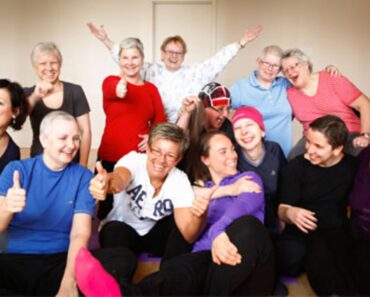Questioning, fear, uncertainty… Finding the professional path that suits us is not easy. Annie Gourde, guidance counsellor, helps us see things clearly.
We have been evolving in our field for a few years, but now doubt invades us. Dedicated remedial teacher, do we no longer experience the same satisfaction in accompanying children in their learning? Or, tired of facing snowstorms, our job as a driver no longer appeals to us as much? A reflection is necessary.
To avoid making a hasty decision or quitting your job on a whim, take the time to take stock. First, the guidance counselor suggests making a few lists: What do I like? What don’t I like? What are the irritants of my job? What are my expectations? “These lists will often put your finger on the bobo. They will help us determine if the problem is related to the field of expertise or to a specific irritant. In some cases, changing teams or companies is the solution. But if the dissatisfaction is indeed attached to the domain, a more in-depth analysis is necessary.
For those who have a fairly clear idea of their ambitions, the change of direction can take place very easily. “The fact remains that considering a professional reorientation creates a lot of insecurity, and some will live this passage more difficult than others,” says the specialist. In this situation, the expertise of the guidance counselor is not negligible. “In addition to knowing all the training offered and being able to support their clients with different tools, the main asset of the guidance counselor is to be objective,” specifies Annie Gourde. The approach is therefore made without judgment and based on current facts.
A first conversation will allow him to take stock of his client’s situation, but also to determine if he knows himself well. “When I ask them, some can’t name more than one or two qualities they think they have. It is very difficult to determine in which field we will be happy to evolve if we do not know his tastes, his strengths and his weaknesses, ”says the professional. During a second or third meeting, tools (such as the psychometric test) can also be very useful. After drawing the portrait of his client (interests, skills, qualities, etc.), the advisor can suggest various avenues. If a return to studies is desired, he can help him choose the program and the institution that suits him, and the assist in the registration process. Otherwise, the information collected will be used to target a job field and build a good CV. According to Annie Gourde, in many cases, four or five meetings (with small homework and exercises to do between meetings) are enough.
Different tools
Whether you want to take stock of your professional life, start a process of reorientation or find out about the educational or professional training available to you, you should not hesitate to ask for the help of a guidance counselor if you feels the need. “Some work in the private sector (you have to pay for consultations), but others work with employment assistance organizations, such as carrefours jeunesse-emploi (for people aged 35 and under), whose services are free,” says Annie Gourde.
A wide range of career and guidance books can also guide us on our journey. Various career fairs are also held each year across the province. Finally, in November, Quebec Orientation Week (schedule to come) offers numerous conferences throughout Quebec. These can be very interesting for the person in reflection.



